Tag: transportation
-
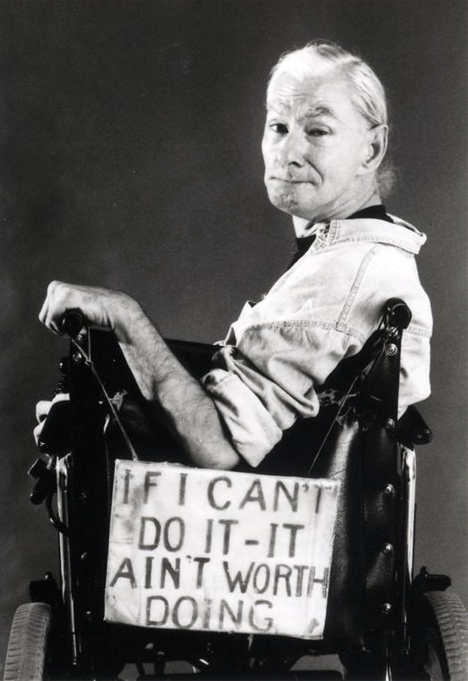
Transportation Tuesdays: The History of Public Transportation
“When people with disabilities started to move out of the institutions and out of their parents back bedrooms, they soon discovered that if they didn’t have dependable, accessible public transportation […]
-
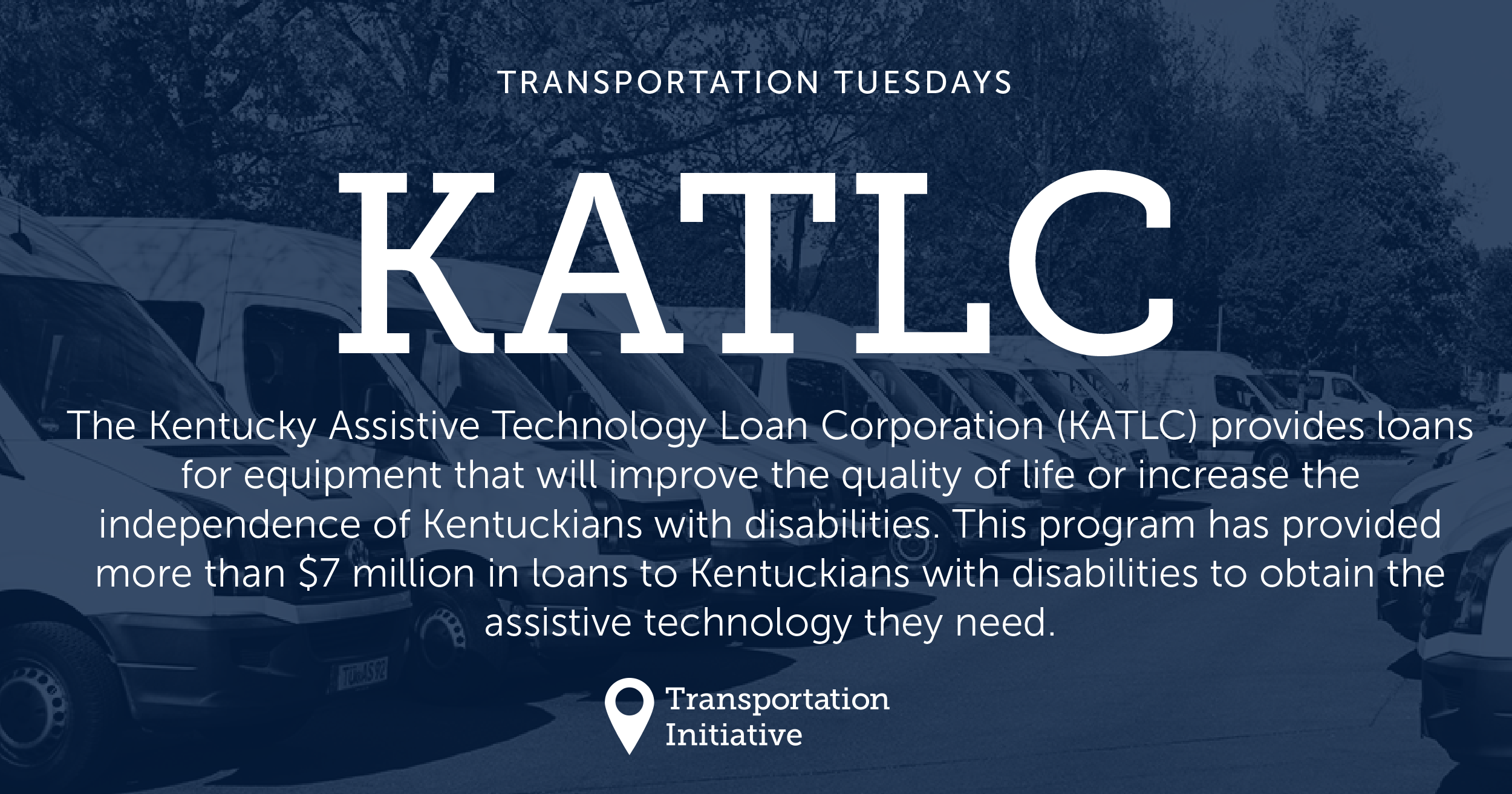
Transportation Tuesdays: Kentucky Assistive Technology Loan Corporation
The Kentucky Assistive Technology Loan Corporation (KATLC) provides loans for any type of assistive device, equipment, or home modification that will improve the quality of life or increase the independence […]
-
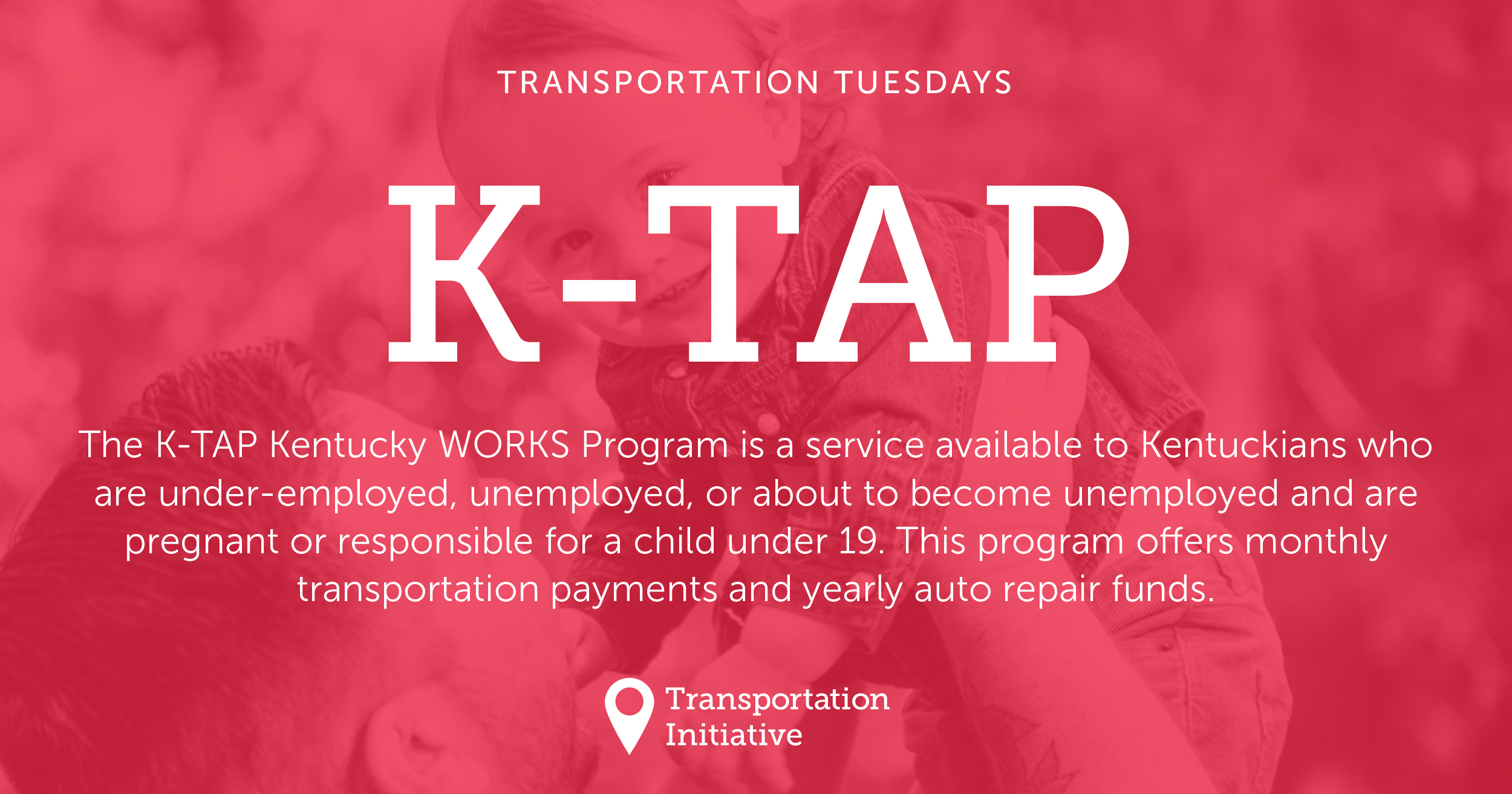
Transportation Tuesday: K-TAP Kentucky WORKS Program
There’s a new module on the Transportation website! The K-TAP Kentucky WORKS Program is a service available to Kentuckians who are unemployed, under-employed, or about to become unemployed and are […]
-
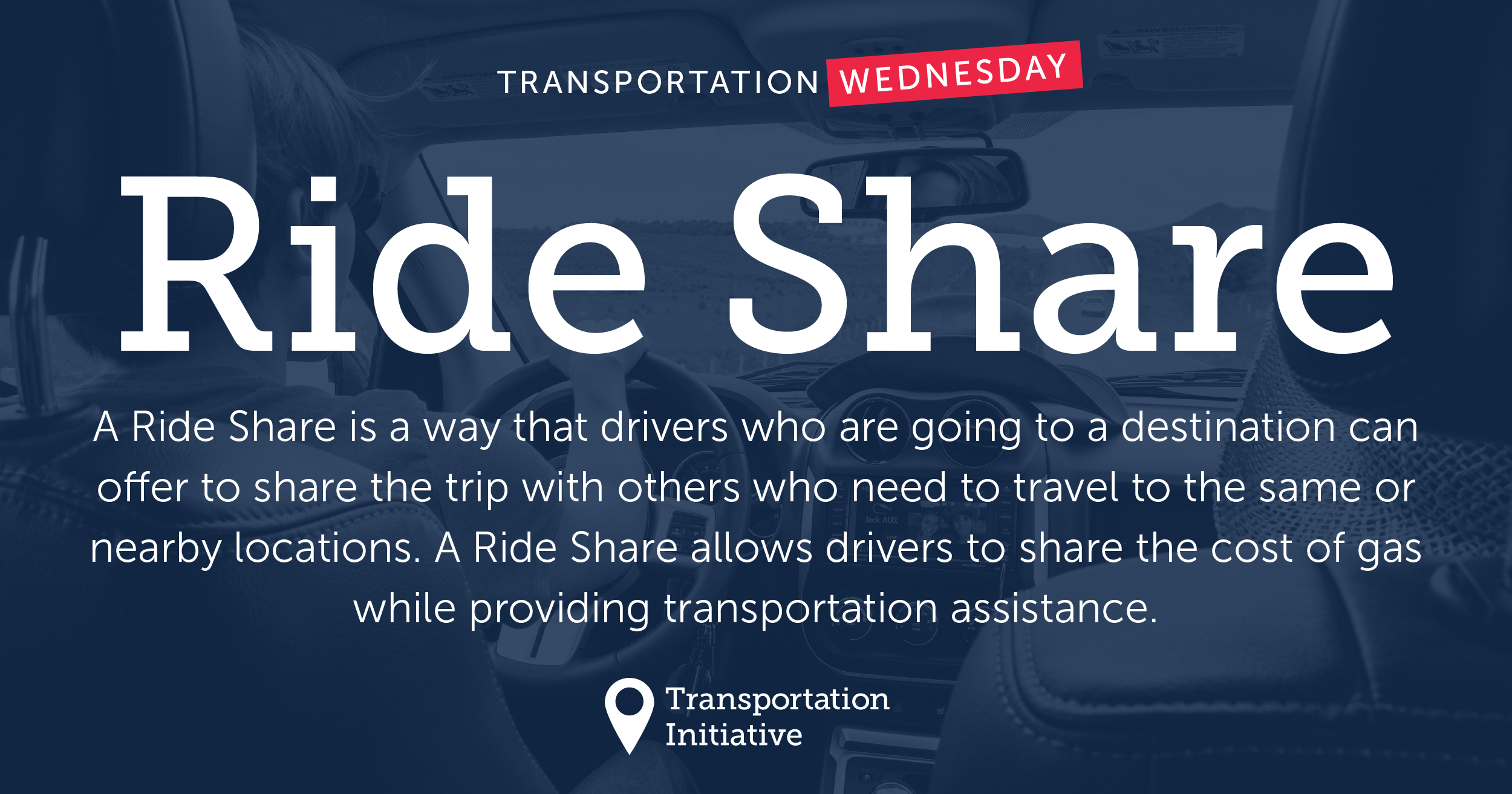
Transportation Tuesday: Ride Share
Since the invention of cars, people have shared rides; however, ride share participation has dropped significantly in recent years. Data shows that nine out of ten people drive to work […]
-
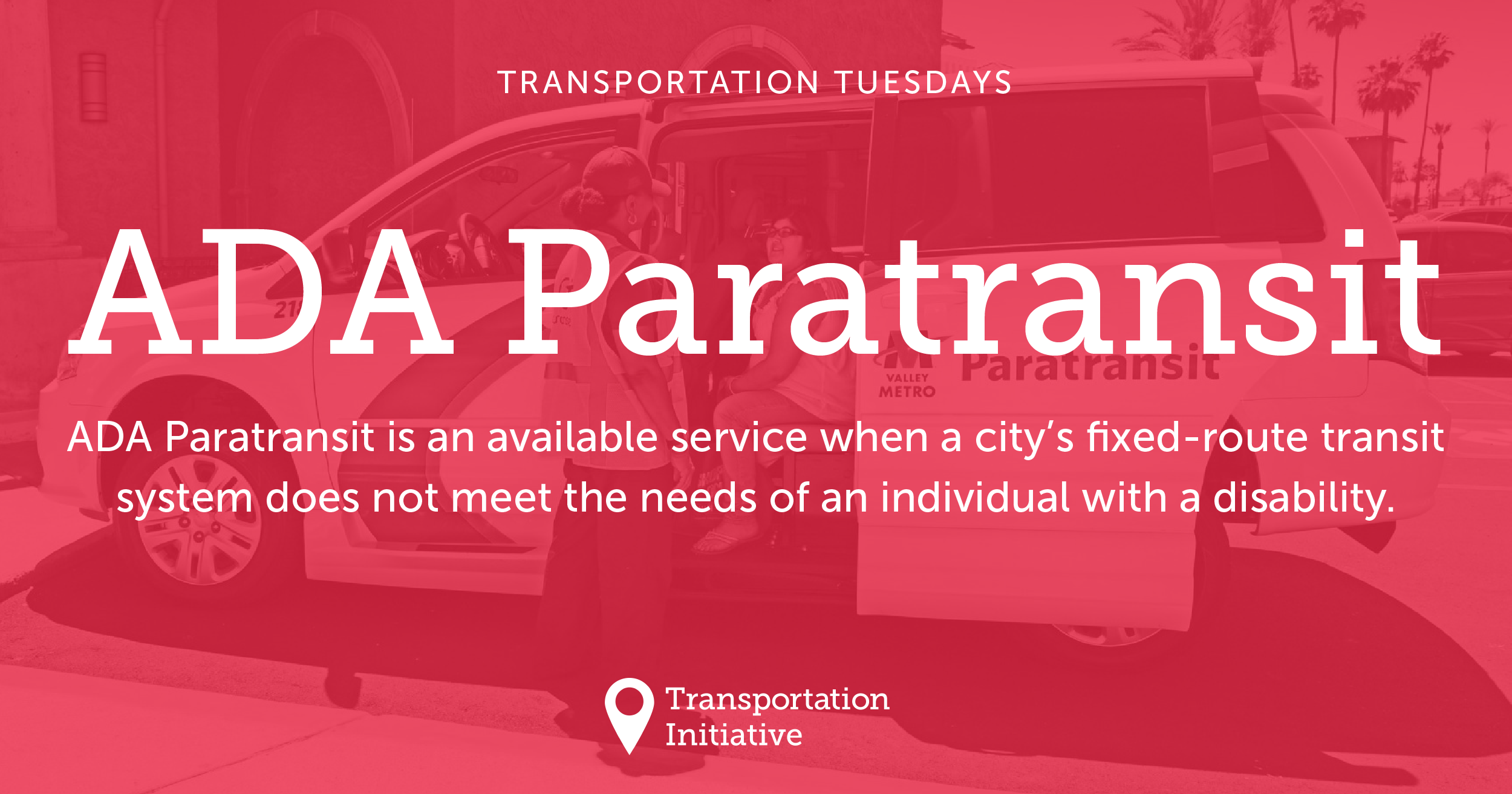
Transportation Tuesday: ADA Paratransit
ADA Paratransit is an available service when a city’s fixed-route transit system does not meet the needs of a bus rider with a disability. To fully understand ADA Paratransit, we […]
-
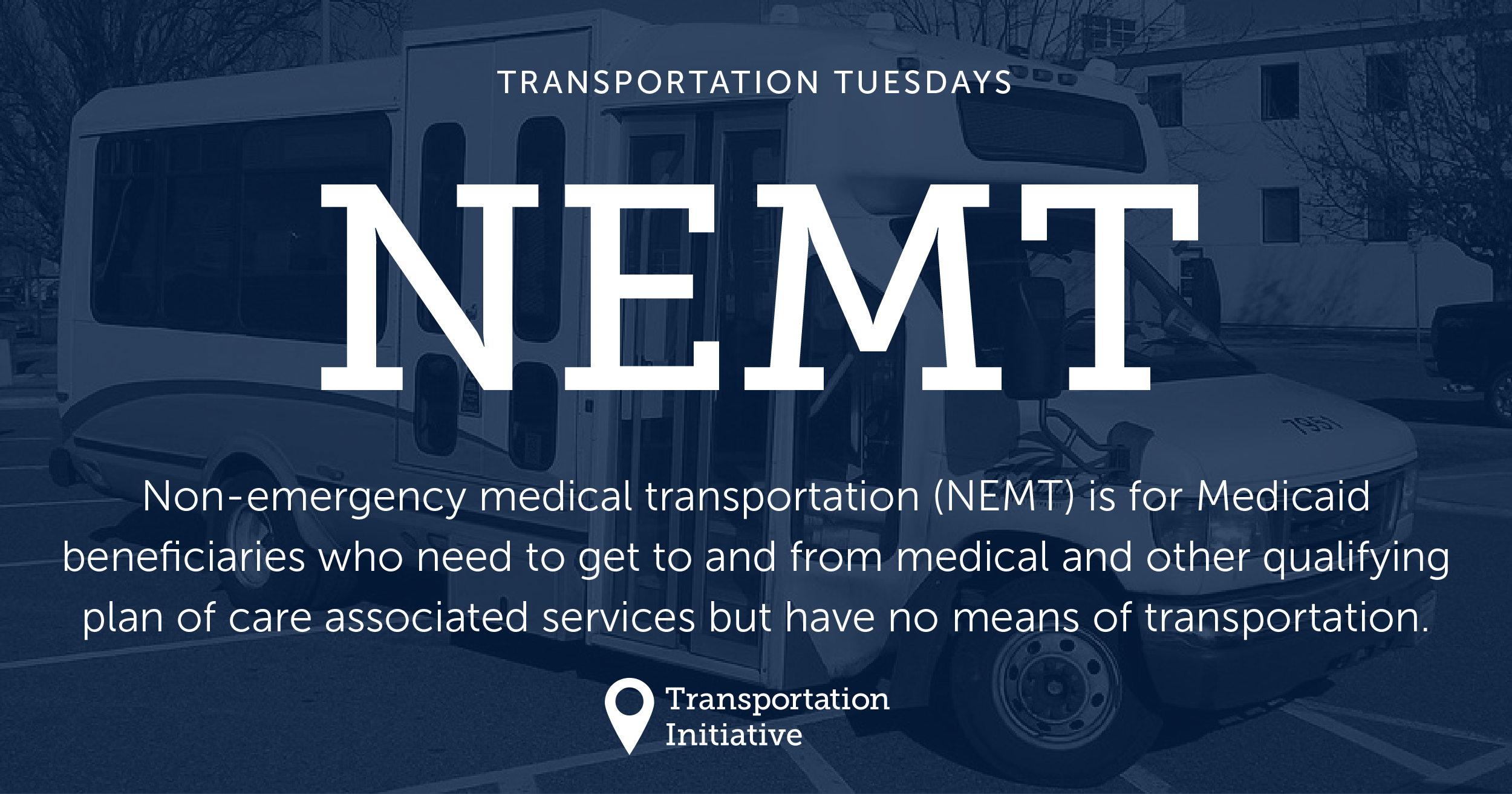
HDI Introduces “Transportation Tuesdays”
HDI introduces a new series: Transportation Tuesdays! Every Tuesday for the next six weeks, we will share alternative, accessible modes of transportation and how to access them for yourself or […]
-

Transportation Initiative Seeks to Find Solutions for Rural Kentucky
KentuckyWorks and Kentucky E3TC held a joint community conversation on March 20 in Jackson, Kentucky. The goal of the activity was to bring together a diverse group of concerned citizens in […]
-
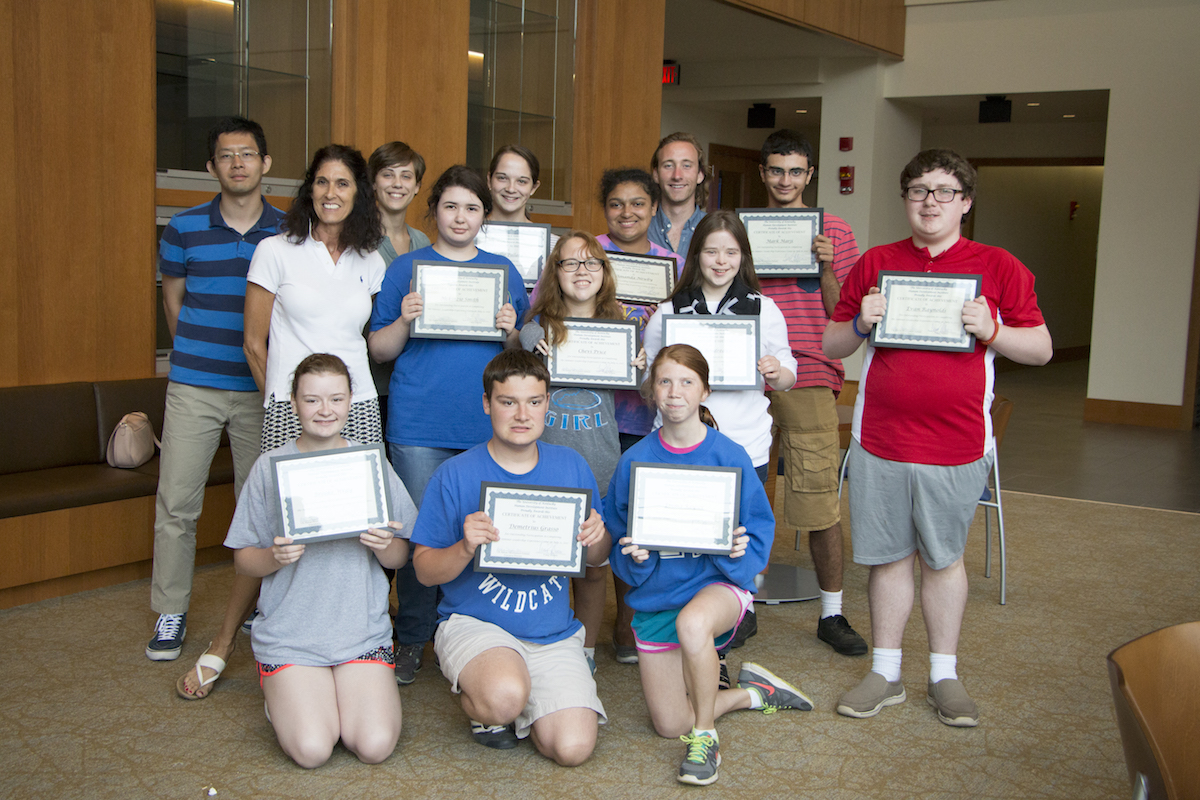
Latest Fund for Excellence Grants: Winter 2018
We’re excited to share that HDI is funding the following four outstanding Fund for Excellence projects this quarter! With improved consumer advocacy, leadership, and transportation options, take a look at these […]